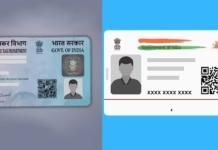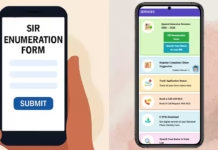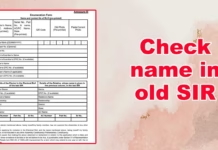At first glance, it looks like another video streaming platform. But what it truly offers is a passport to hundreds of cultures, stories, and languages. The Viki app didn’t just arrive; it infiltrated silently, filling a gap no one realized existed. For many, it’s no longer about what to watch — it’s about where it comes from.
Built on Community, Not Just Technology
Unlike most platforms that focus on algorithms, Viki thrives on its people. Subtitles aren’t auto-generated; they’re crowd-translated by global fans. These aren’t your typical language experts, but passionate viewers who want to share a show’s cultural context, jokes, and nuances. It’s a digital village with translators as cultural ambassadors, not just text providers.
Content Curation with a Cultural Pulse
Viki doesn’t just stockpile series. The platform selectively curates dramas, shows, and films that have an emotional and cultural echo. Korean melodramas sit beside Chinese thrillers and Thai romance. It’s not an endless scroll of randomness but a tightly woven collection designed to build curiosity across borders, not just feed viewer addiction.
Not an Escape, but an Entry Point
People don’t open Viki to escape life; they use it to enter another one. Each show opens a window to family values in Seoul, street life in Manila, or student pressures in Taipei. Watching on Viki feels more like travel than leisure — a layered understanding of other lives, rather than just screen-time entertainment.
Monetization with Meaning
Viki’s monetization strategy doesn’t rely solely on ads. With tiered memberships and exclusive “Viki Pass,” the platform gives access to rare shows, early releases, and higher video quality. Unlike generic paywalls, the offerings feel intentional, especially to niche audience segments who crave specific regional content.
Fans Who Do More Than Watch
The viewer base isn’t passive. Viewers on Viki write reviews, curate playlists, and volunteer for subtitles. These users feel like co-creators. The social interaction goes beyond comments — it’s a system where fan enthusiasm feeds the platform’s quality and growth. This self-sustaining loop creates loyalty no paid ads can buy.
Smart Interface with a Storytelling Soul
The Viki app isn’t just functional; it’s emotionally aware. Watch history isn’t just about data — it’s a reflection of user taste. Recommendation algorithms gently nudge users toward unseen genres rather than trapping them in a loop. The interface serves stories, not just metrics.
Dramas as Cultural Footprints
Each drama hosted on Viki isn’t merely entertainment. It’s a fingerprint of its origin. Subtle social norms, political references, or regional humor come alive in subbed translations. This encourages deeper exploration of cultures, making viewers curious about language, food, customs — turning fiction into cultural education.
A Platform Without Prejudice
What makes Viki stand out isn’t just its catalog. It’s the absence of hierarchy. There’s no dominant country. A Turkish drama can trend as hard as a Korean romance or a Japanese mystery. Popularity is driven by viewer interest, not industry marketing budgets, which makes it a democratic space for global creators.
The Power of Emotionally Intelligent Ads
Even ads, where they exist, aren’t loud or invasive. They often align with the tone of what’s being watched. A tearjerker won’t be interrupted by a screaming commercial. This ad strategy feels more like a placement than a disruption, which surprisingly improves retention and trust — rare in today’s ad-saturated platforms.
Localized but Never Compromised
Viki offers regional recommendations, but never confines users to their geography. A viewer in Brazil might get recommended a Philippine sitcom; someone in Canada might binge on a Sri Lankan love story. It uses regional data as a bridge, not a boundary — a smart distinction in today’s digital landscape.
Link 1
Link 2
Subtitles as a Language Revolution
Many users credit the app for helping them learn a new language. Subtitles aren’t dry or mechanical. They’re alive with emotion, idioms, and humor. Fans often re-watch scenes just to study linguistic quirks, creating an unexpected educational benefit that turns entertainment into immersion.





